Common Sense Rules For Prepping
Preparing for power outages, loss of income, or natural disasters makes sense. But how you prepare should make sense, too! So, I’ve come up with a list of common-sense rules for prepping that will help you prepare for anything in a sensible way.
Common Sense Rules For Prepping
Regarding being prepared, it’s common sense that you can’t predict what will happen in every situation. How and where we live and the resources we have available can determine our response to different circumstances that come our way. You don’t know if you must prepare for a power outage, job loss, natural disaster, or a global pandemic. With these common-sense rules for prepping, you can cover all your bases without it taking over your life!
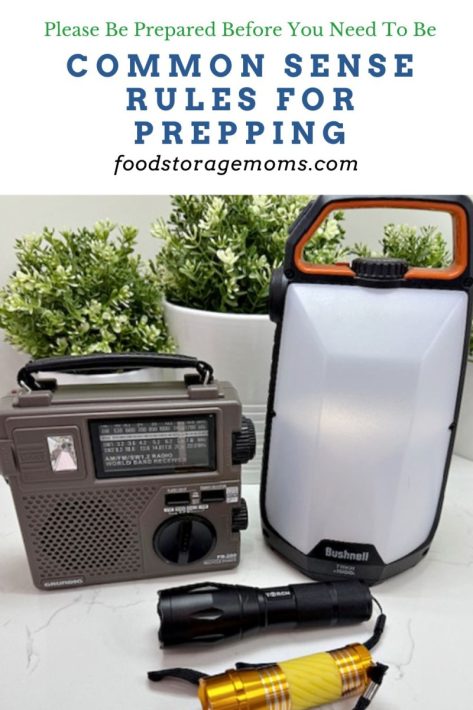
Rule #1: Don’t Get Tunnel Vision
There are too many variables to predict what will or could happen. If you get caught up in social media and what everyone else is freaking out about, you may not be prepared for something else that happens.
Many preppers prepare or invest in specific gear while ignoring other possible outcomes. What is the point in being ready for a power grid failure if you aren’t prepared to handle a tornado, wildfire, or hurricane, if they are more common in your location? Don’t get tunnel vision and focus only on one catastrophic thing that could happen. Prepare for basic needs regardless of the situation.
Preparing for disasters or emergency management for things that happen most often in your location makes sense. Prepare for hurricanes in Florida makes total sense. Preparing for earthquakes in California also makes sense. But remember, you can have terrible storms in California and earthquakes in Florida, so prepare for those and other challenges no matter where you live.
Rule #2: Make Preps Simple, Usable, and Practical
When we are in crisis mode, our brains work differently. You may have some better senses, but you may not have the capacity for rational decisions or remember how one of your preps work when a disaster or emergency strikes.
For example, this may be an impractical prep if you don’t have specific training on using decompression needles and esophageal tubes. Even if the situation arises, you may cause further harm because you don’t know how to use them properly.
Your preps must be practical and usable, especially when your brain is in crisis mode. The less you have to remember, the better things will go. Having “how-to” books available can take some pressure off. It’s a problem if you put those books together based on materials or equipment you have but haven’t learned to use them. The adage, Practice Makes Perfect, applies here.
Flashlights (stock batteries- I learned from Harry that Sam’s Club is the best place to buy them)
Rule #3: Don’t Try to Remember Everything You Read
We put a lot of helpful information on this blog, but it’s impossible to remember everything. When reading the information, try to take away one key point that you can absorb and recall as needed.
For example, my Duct Tape post lists 15 ways to use duct tape in various situations. You can’t remember all 15 things, but could focus on one major thing. The real value of a post like this is that duct tape is something you can use for many things, and is thus essential to stock. As mentioned above, putting the information to practical use reinforces what you’ve read and studied, so practice and the process approaches will make more sense and come to mind as needed.
Rule #4: Use the 80/20 Rule
Even the best preppers can never be 100% prepared for everything. This is because we can’t predict the future. An example of the 80/20 rule is that 20% of readers post 80% of the comments, or 20% of people determine 80% of the politics.
With this, we can create a framework for prepping. If you have two weeks of supplies and a bug-out bag in your home, you are better prepared to handle any emergency than 80% of the population. You won’t ever be 100% prepared, but you can be 80% more prepared than anyone else. Don’t overstress trying to get 100% prepared.
The challenge is setting your priorities for preparing for those most common situations. You can research weather patterns, seismic happenings near your community, flood maps, etc., to see the most common challenges you may experience and then plan accordingly.
Rule #5: Have a Healthy Mix of Preps
When putting together your emergency supply kit, your emergency preparedness items should be a mix of gear, supplies, skills, practice, planning, community, and you. Preppers can usually be divided into two groups: those who have gear but few skills and those who have skills but not the gear. You want both, and here’s why:
- You may have all the gear in the world, but it will do you no good if you don’t know how to use it.
- You could have enough food to feed an army, but if you don’t know how to cook it without a stove, you won’t be able to eat it.
- You will be in trouble if you have the best urban garden but can’t defend yourself against those who will take your food or the pests that frequent your area.
Having gear and emergency supplies goes hand in hand with practicing how to use them, planning when and how you will use them, and having the right skills to use your preps. Again, it doesn’t need to be 100%, but you need a healthy mix.
Gear is important! Skills are important! Planning is important! Being able to defend yourself is essential!
Rule #6: Invest in Preps with a Budget
If you’re new to prepping, you should expect to dish out a pretty penny to prepare for most things. If you are prepping for yourself with a basic mix of supplies and gear, you should expect to spend $800-$1000. For a family of 4, you’re looking at about $2500. After you’ve spent the money on the basics, maintaining it will only cost about $100 per month, plus food.
That said, you don’t have to spend all that money simultaneously! You can buy the most essential things for a limited amount, then save, buy the next thing, and repeat until you have what you need. You can get started even if you only have an extra $20. In my Prepping for Beginners: A Guide to Get You Started, you can use the first shopping list to get started today. It may mean buying one can at a time when it comes to food, or one small storage container when it comes to water. Don’t purchase 10 flashlights; start with one and then build from there based on how many family members you have.
Rule #7: Do NOT Let Prepping Dominate Your Life
The prepping community is filled with passionate and engaged people, which helps motivate others to prepare. But sometimes, people get so passionate about being prepared that it can dominate their lives and how they spend their money, which can grow into an unhealthy fear.
Although fear can fuel transformation, it can also dominate your life to the point where you aren’t enjoying the life you have. There’s a difference between survival fear and irrational fear. It’s important to prepare for the future, but it’s also essential to keep your perspective.
Spend a reasonable amount of time, money, and energy on prepping, but don’t let it dominate your life.
Rules for Prepping Basics
Prepping doesn’t have to be complicated, time-consuming, or filled with anxiety. When it comes to prepping, there are a few more basic rules to remember:
- Get your finances in order– Pay down debt, have savings, and have cash on hand for emergencies. Your bank or those handy ATMs may not be available.
- Prepare for at least two weeks of complete self-reliance. You need enough water and survival food for everyone in your house to eat for at least two weeks, and I recommend a month. In addition, have emergency fuel sources and ways of heating and cooking your food without gas or electricity. The American Red Cross suggests one gallon of water per person per day. I’ve always told my readers that four gallons is more realistic when it comes to hydration, cooking, personal hygiene/sanitation, and limited laundry chores.
- Prepare a bug-out bag—Although I don’t recommend leaving your home with all your preps unless you have to, you should have a bag with 72 hours of survival gear and supplies. Remember to put together and take with you important documents if you have to evacuate. That may include identification, medical records, passports, banking and insurance information, etc.
- Learn skills and practice—You want to know core homesteading skills and practice with your gear before something happens.
- Have a first aid kit—First aid supplies help ensure you have items for minor cuts, scrapes, sunburn, medical needs, and over-the-counter medications for fever, cough, stomach issues, and common illnesses. If you or members of your family take medicine of any kind, have enough on hand to get you through the tough times.
- Know how to protect yourself—Part of being prepared is knowing how to protect yourself and your home from looters and those seeking to hurt you.
Don’t Count on the Federal Government or Local Government Agencies to Take Care of You
We’ve heard some discouraging information about how the Federal Emergency Management Agency (FEMA) has handled things in the southeast after a hurricane last year. There are still hundreds of families that haven’t been able to return to their homes, but families had to wait many days even to get water to stay hydrated even though flood waters were all around them. Local authorities may have your well being in mind, but those local officials can’t be everywhere in an emergency and they have limited personnel and resources. Citizens need to look after themselves.
Communication Is Critical
Being able to stay in touch with the outside world is very important. Have a battery-powered radio with extra batteries, or a hand-crank radio so you can listen to your local radio stations for updates and alerts. Even better, make sure one of your radios is a NOAA weather radio so you can hear critical weather alerts for your area.
Have your cell phones available and invest in some chargers.
Final Word
When prepping, it’s important to hope for the best and plan for the worst! Being prepared means you can still live a whole and active life, but having a backup plan is a smart move. Use these common-sense rules for prepping and focus on getting practical, proper preps.
Once you learn some reasonable basic prepping steps, don’t be bashful about sharing what you know with family, friends, and others who are willing to listen. May God bless this world. Linda
Copyright Images: Hurricane Supplies AdobeStock_458745 Lisa F. Young

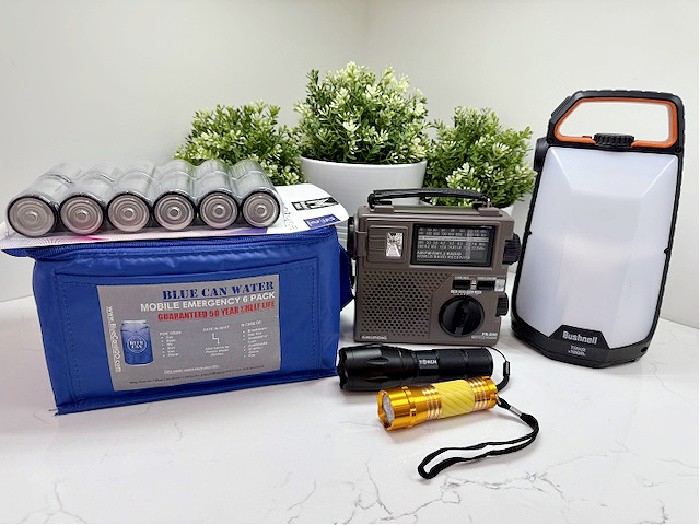

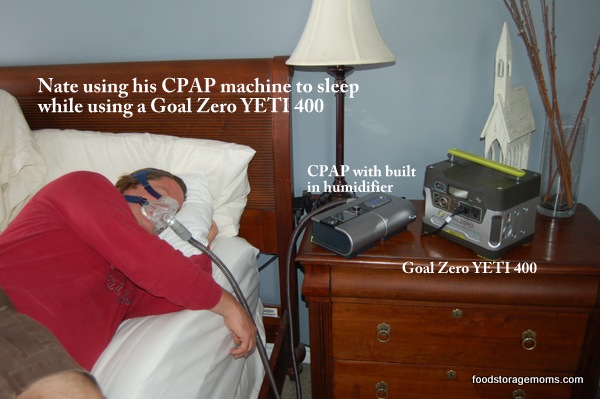
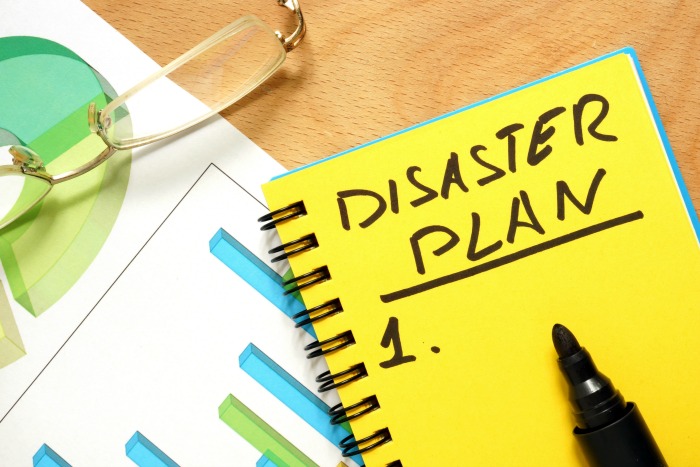
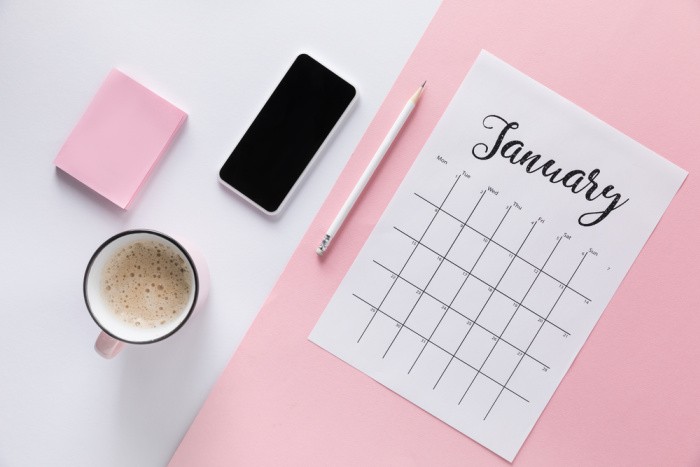
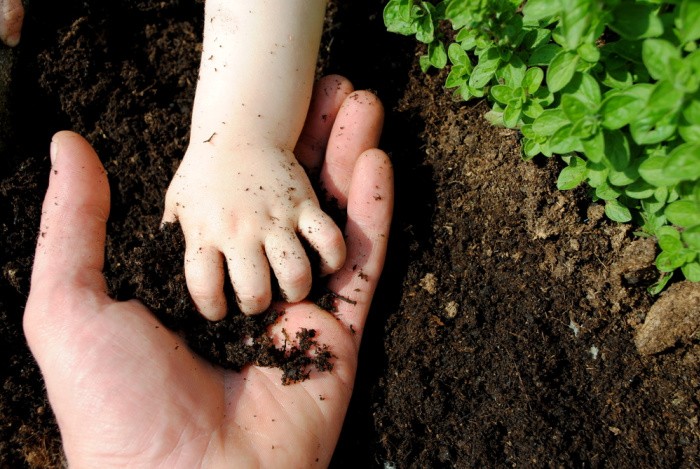
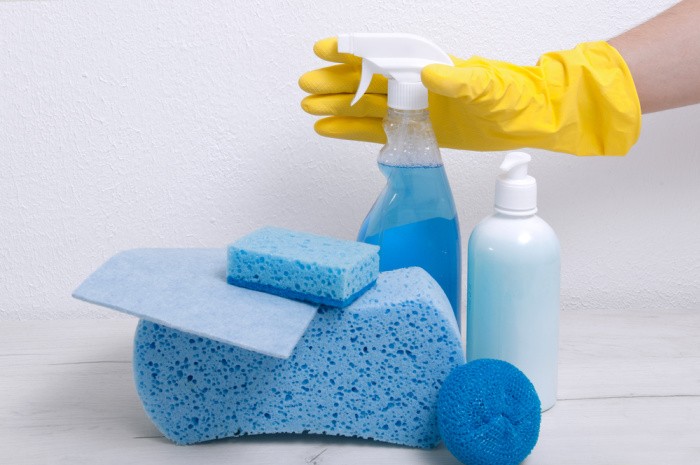
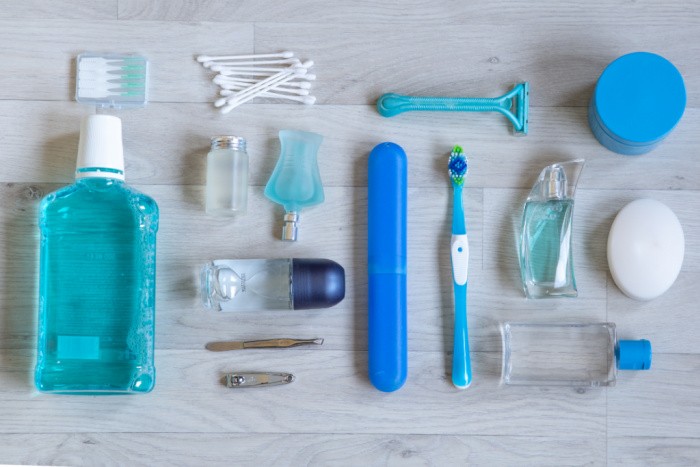
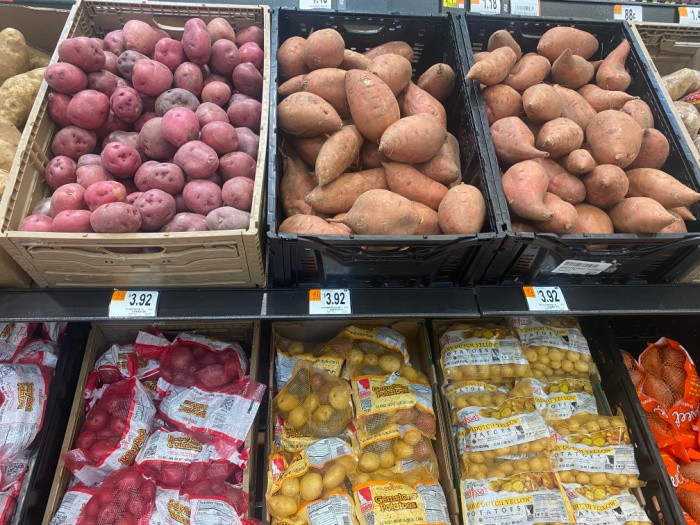
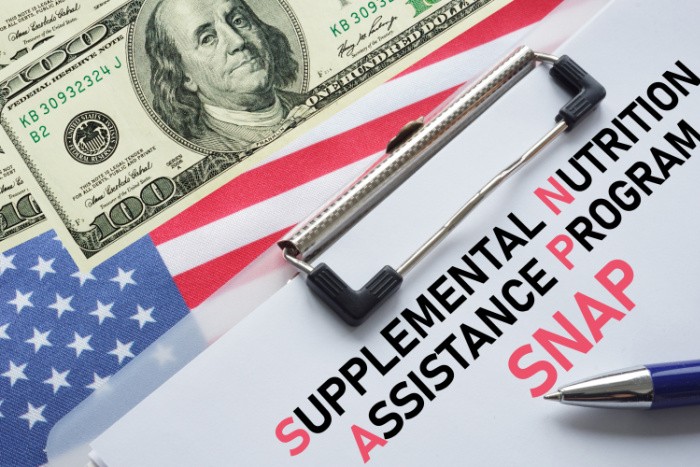
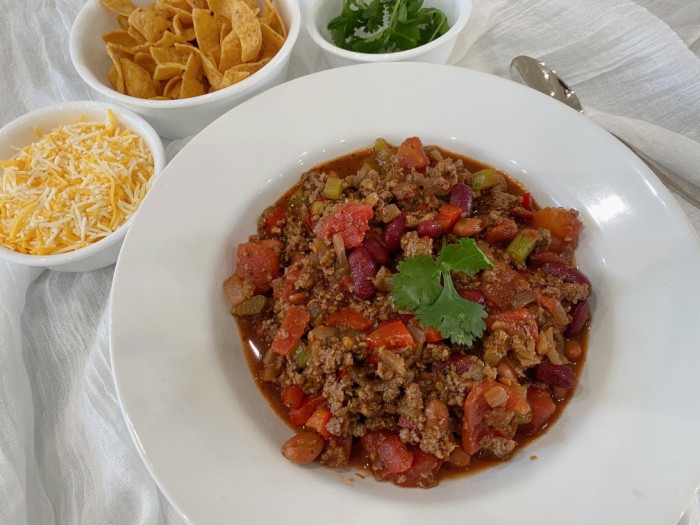
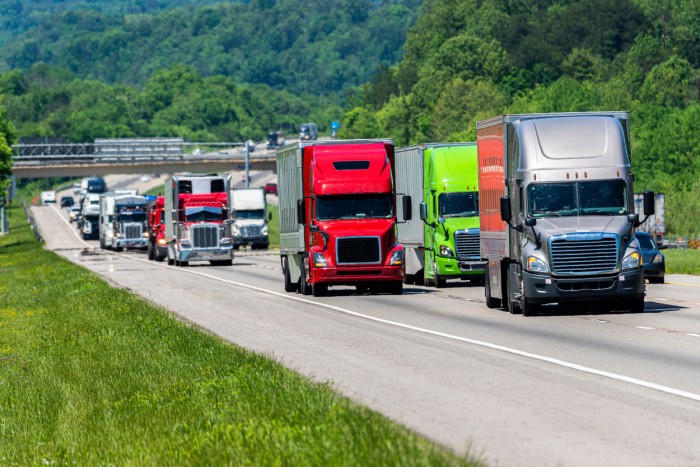
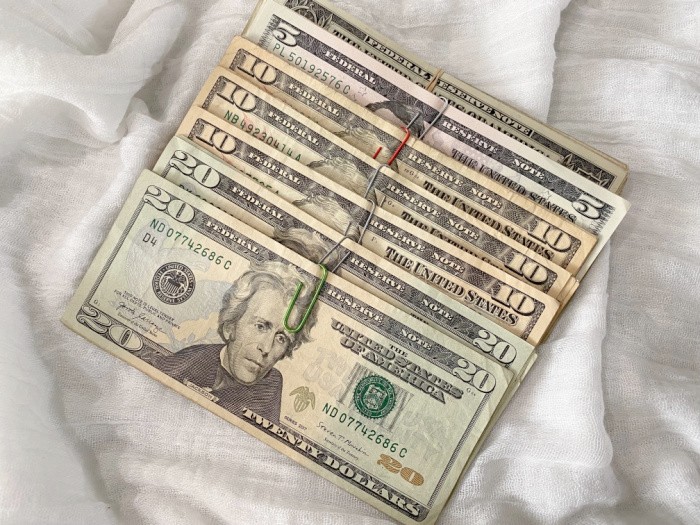
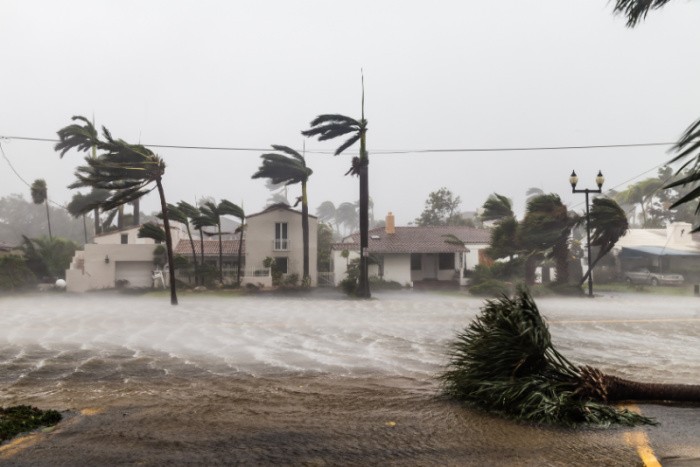

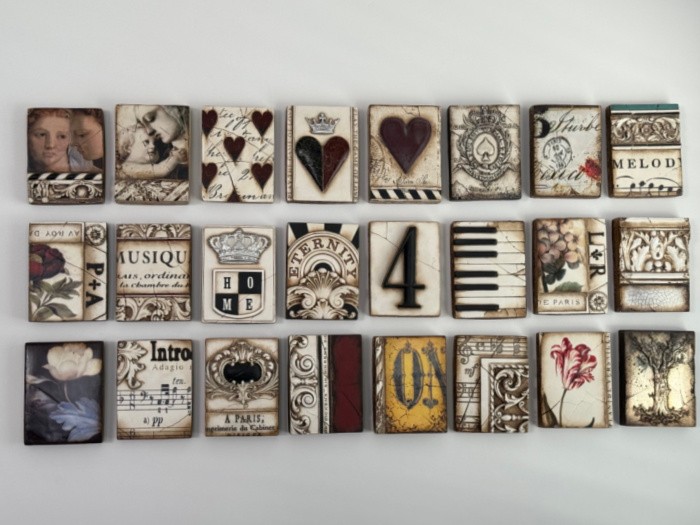
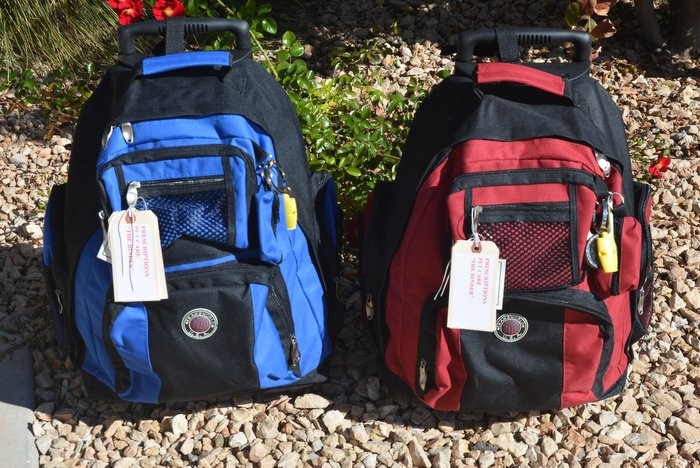
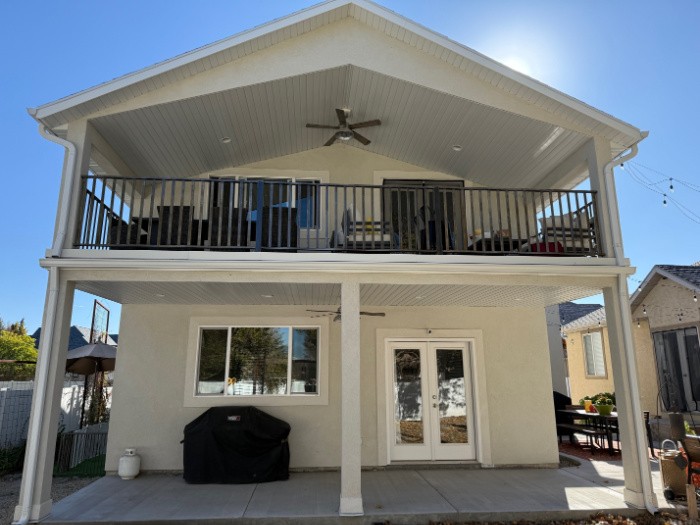



Good stuff.
It’s a lifestyle not a dominating factor unless there is an event then it’s becomes more of a focus but don’t forget other things around you in the process such as relationships and jobs.
Hi Matt, thank you for your kind words. Relationships are a big thing. Prepping really is a lifestyle, great comment as always. Linda
Regarding #2 above, yes, the first rule of medicine is to do no harm. If you don’t know how to use a decompression needle, your first time seeing a pneumothorax isn’t the best time to decide to give it a try. At the same time, it is important to keep in mind that doctors are not storing any supplies for people outside their families. (And actually, doctors are like the rest of the population–very few prepare to any extent.) They are not storing sutures, antibiotics, or IV kits for others. In the event you need medical care during a disaster, it may be far easier to find a doctor than to find the medications and supplies he needs to treat you. In that case, you will have needed to Bring Your Own Bandages (title of my book on the subject). The current FDA Drug Shortages List (Google the phrase if you are interested) shows numerous shortages for antibiotics and injectable drugs of all kinds. The latter is due to the fact that injectable water and saline are in critical shortage. Injectable water and saline! A doctor friend confirmed that our hospital is close to having to shut down due to these shortages.
Hi Jennifer, thank you for the title of your book. Here is a link if anyone wants to order it: https://amzn.to/3IufxSD Jennifer, great comment, so many of us are taking classes (several) to learn to do things we hope we never have to do as far as first aid. I do have a prepper doctor that is a bit over the top on preparedness but he stockpiles everything he will need. He taught me so much and I will be forever grateful. He is now in the beginning stages of Dementia, this makes me so sad!! I believe there are shortages of medical supplies. I have some family members who work in several different hospitals. Life is crazy right now, God help us, Linda
At one point there was a shortage of Nitroglycerin Sublingual tablets because the only plant making was damaged in a hurricane. I learned when 2000 was supposed to be the end of life as we knew it that most insurance providers allow prescription refills 5 days before needed. 5 times 12 months means an extra 60 days worth of necessary medications.
HI Chris, great tip! Linda
A great article, Linda and I agree with Matt: Being Prepared is a lifestyle. Actually using one’s preps regularly, rather than focusing on buying or being online constantly ‘checking on possible crises’, is far more important. And this is for any and every thing one has or plans to use in case of an emergency. You did a great job of sharing examples of this.
I will add my own example: if my family doesn’t know how to use kindling (including using paper, boxes, bark, etc) to start a fire, what good will my fireplace and woodstove do them? For that matter, if they don’t know they need to open the flue, same thing. Keep up the good work, Linda.
Hi Wendy, thank you for your kind words. That is a great statement about the flue, yeah!!!!! Linda
Matt’s comment is spot on. And Jennifer, thanks for the reminder about the medical supplies! I have been really focused on food storage right now because we have 3 people with food allergies in our family. I am glad for the wisdom everyone shares here. It’s all about balance. Linda, I really appreciate all the research and work that goes into your posts. I am so thankful for the hard core camping we did when I was a child and the basic life/survival skills that we were taught. My big moment was when I finally earned my badge for starting a fire with flint and steel and some kindling. I am still really, goofily proud of that. I also realize I haven’t taught all of this to my kiddos. So we are going to do some fun stuff outside this spring to enhance their repertoire of talents. ; )
HI Steff, I love your comment! I would goofily be proud of that too! Love it! Linda
I do have a suture kit as well as a staple gun for cuts. I got them from Amazon. The suture kit comes with a practice piece of rubber (skin like) to practice on. I also got some suture needles already prepped. I have a medical handbook for preppers as well. I’m trying to prepare for whatever we my need if life as we know it stops. I do have OTC meds, and am looking into herbal remedies and how to make them. I love paper books for this reason.
Hi Deborah, good job, paper books we can hold in our hands are the best. I’m expecting a large long-term power outage. Let me be clear, this is my opinion, I hope I’m wrong. Linda
I hope you’re wrong too. Not fun having no power. Take care of yourself and your family. God bless you my dear friend!
Hi Deborah, everyone in this group will get what I am about to say. Most of my readers know I have moved from Southern Utah to Northern Utah. Well, Mark and I are building what we call a cottage (a small home) in my daughters back yard. Well, our belongings are stored in climate control storage units. Well, I called to make sure if I could get in the units should we have a cyber attack or power outage. I can. Now I can sleep at night. Plus I have some strong grandsons with trucks, need I say more. Hugs, Linda
Banana peels are great for practicing suturing. It’s also important to know when to use a skin stapler and when sutures should be used–and when they should not be used. And then there are all the times when skin glues and butterfly bandages will do the job just fine.
Hi Jennifer, great comment. I was taught the same thing in a “mini” medical class by a doctor with pig skins. My eyes are so bad now, I hope I can get by with the one million butterfly bandages I have. LOL! Not a million but a LOT! LOL! Linda
I do have super glue/derma bond, and butterfly bandages. I know the deepest cuts need sutures. I cut the back of my thigh on a license Plate when I was about 13. It cut pretty deep. I got hysterical when they were going to get me stitches, so Mother did the butterfly bandage. The scar is about 4 inches long. I hit on the corner. I’ve had stitches since then, but it was always after surgery. Just last year I had stitches and steri strips on my lower neck from parathyroid surgery. I’m doing very good now.
Hi Deborah! OUCH! License plates are sharper than they look! Linda
Yes they are! I was sitting on a motorcycle and decided to jump off like on a horse. Just don’t do it! I have a wide scar too. It’s not fun. I thought I’d just scraped it until I showed Mother and she called her husband. Then I saw the blood running down my leg. It happened the day before we left on vacation. It’s hard to get around with only one leg and no crutches. You can only hop so far. LOL
Hi Deborah, oh my gosh right before a vacation!!! NO!!! Not fun! Linda
I think that my family is prepared in a broad-range sorta way. We live in a climate that swings from blistering hot in the summer to snow and ice in the winter. That makes it difficult for our 72hr kits and bug-out bags. A person cannot prep for everything. My biggest fear is that with all we’re prepared for, we’d have to abandon our home…and all our supplies! Our family is basically alone, nowhere to bug out to, etc. Our whole prepping is based on being home based. We do have kits and a plan for leaving quickly but it would be sooo hard!
Getting on to prepping, many many years ago the Church pushed storing 50lb bags of wheat, etc. Well, I don’t “do” that sort of prepping. It would be totally wasted on us. I figured out early on to store/prep what we want/will eat/need, etc. Everyone needs to personalize their own prep that suits their family. On the medical side, I have some Red Cross classes for First Aid, etc., EMT training, but that’s it. With that being said, I kept all my manuals, have several preppers medical books and alot of supplies-that I hope I never have to use! IF there was an issue, AND a doctor was available, my mindset is to have the necessary supplies available for them to use should they need it. This may be the wrong way to look at it, but it eases my mind. With all the unrest in Russia/Ukraine, it brings alot of those feelings home.
Our family weathered the pandemic pretty well, too, with all the supplies we had. That vast movie collection really came in handy, too! Oh, and all my books and my never-ending fabric stash for quilting. I truly believe we were blessed. Our house is paid for, no debt, it certainly paid off.
As always, there were sooo many good ideas and suggestions in all these comments. I enjoy them as much as I do the actual articles!
HI Robbie, I can tell you right now, I will not be bugging out somewhere. We have everything here that we need. (Plus the storage units stuff, LOL). Where we live now we have people that will hopefully work together. I know most of them and my daughter and her husband have known them for years. I wish my home was done so I could set up meetings to help anyone who is interested in learning about preparedness. God is on our side, stay safe, Linda
I value all your help, but yesterday I realized a problem I haven’t had in the past. Before, when I bought 8 roasts for the freezer, I followed up with 8 bags of baby carrots, 8 cans of button muhrooms enough bullion and baby onions. That way, things were used evenly. Yesterday in straightening my pantry, I found 5 jars of gray I had completely forgotten about that had expired . I had always prided myself on not wasting the money my husband worked so hard to earn. How important are expiration dates and how do I keep track of it all??
Foods are usually still good after 3 or 4 yrs past exp. date…..if container is damaged, leaking, food smells bad …throw it away….otherwise it is probably still good to use. As for the gravy, if still good, you could use it right away and/or empty jar into another container and freeze it until you are ready to finish using them all…..I personally have used drinks and foods wayyyyyy past exp. date and never had a problem….I am 82 yrs old
Hi Sandra, oh I have to tell you this. My grandson loves orange gelatin with canned peaches. My daughter brought a can upstairs that was from 2011. She said, “do you think these are still okay”? I said they may taste like metal but I will smell them. I opened the can they smelled like peaches and I made the jello with them. They tasted great! Tomatoes would be sketchy, but these peaches were great! Linda
Thank you so much Sandra for your help. I am truly trying to get this right. My husband supports my efforts, but he essentially is leaving it up to me. I do fear we are headed for a truly dark place in time. I will be lucky to make it to 70 this September. God Bless you and please stay safe
At one point there was a shortage of Nitroglycerin Sublingual tablets because the only plant making was damaged in a hurricane. I learned when 2000 was supposed to be the end of life as we knew it that most insurance providers allow prescription refills 5 days before needed. 5 times 12 months means an extra 60 days worth of necessary medications.
Hi Chris, this is awesome! Linda
Linda:
These are some great ideas. I printed off the article to give to my husband and I also have a copy in my computer. Since all this has happened in the Ukraine my husband is beginning to think ahead now. It took his younger brother to make him see the light.
Hi Jackie, oh good idea! Thank you, my friend! If anyone goes to a grocery store they will see empty shelves. I feel very prepared but I have no control over other countries. I sure hope this situation opens the eyes of many. God help us, pray for our country and the world. Linda
We are lucky because the grocery stores near us buy a lot of local items so we are not seeing the empty shelves those in the city have. We had 1/4 of a pig given us and a cut up goat given to us. The pig was from a friend of mine and the Goat was from my daughters boss who had 3 goats that he killed and cut up. He said he would not use 3 goats because they had beef and pork in their freezer and did she want it. She said sure. So we may be short on beef but we will have a lot of pig and goat and Jack got a big deal on whole chickens at $0.39 a lb. He got 18 of them which were all that they had at that price.
Hi Jackie, oh my gosh, you got some great gifts of meat!! SQUEAL! Boy, the chicken was a great deal as well! Yay! Linda
Linda,
This is one of your best articles ever, and Matt, as usual, was spot on. I would only add that, as far as defending yourself and your family goes, having one or more large dogs is a great deterrent. Our two German Shepherds are polite and friendly to those they know but are very intimidating to those they don’t. And their bark, which they only use when strangers come onto the property, is all the alarm we need to make us aware we need to pay attention.
On another note, our fruit trees are blossoming and unless we get another bad cold snap it looks like we could have better production than last year.
Hi Ray, SQUEAL!!! I’m so glad you got the two German Shepherds!! Even my two little Shih Tzus bark, you are spot on the alarm! Love it! Oh my gosh, pray for those blossoms to stay warm and not freeze!! Love hearing this!! Linda
Linda – you mentioned budgeting for prepping. I know there are those who might read this post and think: no way can I afford to prep!! So budgeting for $800-$1000 is impossible for some, but there is a much less daunting budget for those who live paycheck to paycheck!! It needs to be addressed!
1) figure out what you want/need in your preps. Make a list. This can be overwhelming at first so start with the basics of food and water.
2) each grocery store run should include a few extras as money allows: canned foods, dry foods (rice, beans, etc.). Use coupons whenever possible. Buy when things are on sale.
3) buy what you eat, eat what you buy. Rotation is your friend. Always try to have several of the non-perishables on hand and as you use them, purchase more.
4) good to also start with a basic menu plan for your food preps. Start by making a 2 week menu plan and purchase 2 or more of the non-perishables for those meals. When you use one, buy 2 or more extras for those meals.
5) for larger items or more expensive items, save a bit each paycheck until you can afford them.
I know you have done posts on budget prepping before, Linda, but it always needs reinforcement. This might be the post that someone new reads and gets freaked out about the expense of prepping. If the new prepper reads the comments, I hope they read this first and foremost:
WE ALL STARTED SMALL AND BUILT ON OUR PREPS OVER TIME!!!
Hi Leanne, you are so right, money is tight for most people. I get it. We did in fact start small and built our preps over time. For years, many years. Unfortunately, some people never listened and now the prices have skyrocketed! I hope they don’t freak out because people can start small, they don’t need to buy everything at once. It’s a fact we may be in a situation very soon where they will need every prep they can get their hands on. I can’t imagine having to start buying preps today at any age. But they must if they want to survive. One can at a time has always been my motto. God bless all of us right now. Great comment, Linda